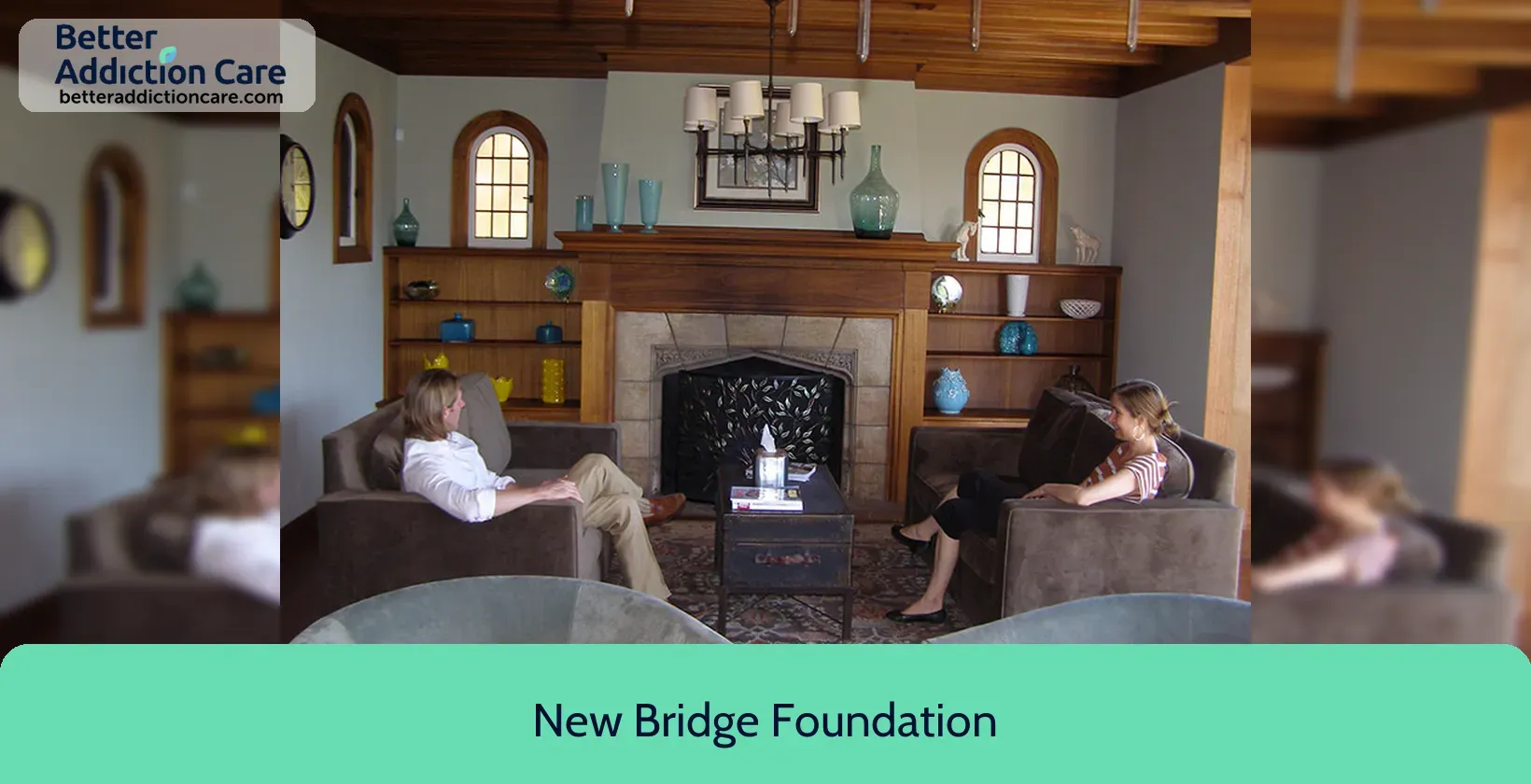Options Recovery Services

Overview
Options Recovery Services is an substance abuse treatment center that provides outpatient detoxification, for men and women from 18+ years of age. As part of their special programs, Options Recovery Services treats clients who have experienced trauma. To help patients achieve sobriety, Options Recovery Services provides intake assessments. Afterward, patients receive group counseling, trauma-related counseling, and individual psychotherapy during treatment. Options Recovery Services is located in Berkeley, California, providing treatment for people in Alameda County, accepting medicaid, cash or self-payment, and payment assistance (check with facility for details).
Options Recovery Services at a Glance
Payment Options
- Medicaid
- Cash or self-payment
- Payment assistance (check with facility for details)
- Sliding fee scale (fee is based on income and other factors)
Assessments
- Comprehensive mental health assessment
- Comprehensive substance use assessment
Age Groups
- Adults
- Children/adolescents
- Young adults
Operation
- Private for-profit organization
Highlights About Options Recovery Services
6.56/10
With an overall rating of 6.56/10, this facility has the following balanced range of services. Alcohol Rehabilitation: 8.00/10, Treatment Options: 6.24/10, Drug Rehab and Detox: 6.00/10, Insurance and Payments: 6.00/10.-
Alcohol Rehabilitation 8.00
-
Treatment Options 6.24
-
Drug Rehab and Detox 6.00
-
Insurance and Payments 6.00
Treatment At Options Recovery Services
Treatment Conditions
- Mental health treatment
- Alcoholism
- Opioid Addiction
- Substance use treatment
- Co-occurring Disorders
Care Levels
- Intensive outpatient treatment
- Detoxification
- Halfway house
- Outpatient
Treatment Modalities
- Group counseling
- Trauma-related counseling
- Individual psychotherapy
Ancillary Services
Special Programs
- Clients who have experienced trauma
Get Help Now
Common Questions About Options Recovery Services
Contact Information
Other Facilities in Berkeley

6.68

6.71
DISCLAIMER: The facility name, logo and brand are the property and registered trademarks of New Bridge Foundation, and are being used for identification and informational purposes only. Use of these names, logos and brands shall not imply endorsement. BetterAddictionCare.com is not affiliated with or sponsored by New Bridge Foundation.
